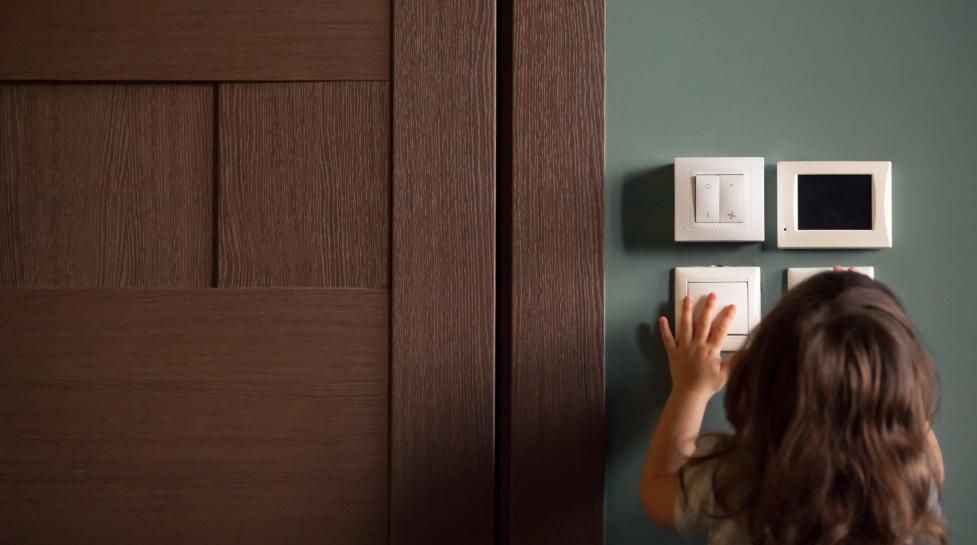This winter, residential energy bills could rise as much as 54% over last year.
Leer en Español
This winter, residential energy bills could rise as much as 54% over last year.
According to data from the Colorado Office of the Utility Consumer Advocate, Xcel Energy bills for the average household are projected to be about $177 in December, up from $115 last year.
The city has compiled a few easy steps you can take to make your home more efficient.
Why are costs going up?
According to Xcel Energy, several factors are driving the cost of energy up. Behind the bigger bills are higher energy costs nationally, the war in Ukraine and natural gas supply challenges.
Worried about the cost of energy? Access energy assistance programs.
In the winter, access to affordable heating is essential. While there are ways to reduce the cost through efficiency, energy bills are still too expensive for some. There are several programs to help vulnerable community members afford their bills.
Through Xcel, qualified customers can arrange to spread out their bills over time, access help to pay for efficiency improvements and receive discounts. Visit Xcel Energy’s website for more information on these tools.
The state also offers two energy assistance programs through Energy Outreach Colorado (EOC):
-
Bill Payment Assistance: EOC assists families, seniors and individuals pay a portion of home heating costs. The state determines eligibility based on income level.
-
Energy Efficiency Grants: EOC also provides grants to affordable housing organizations, multi-family residences and non-profit facilities to pay for energy efficiency upgrades.
Want to help those in need? Consider donating to EOC to help fund assistance programs.
Simple steps to make your home more efficient
When energy costs rise, a simple way to save money is to cut back on how much natural gas and electricity you use in your home. Here are some simple steps to cut back:
-
Use a programmable thermostat: Unlike traditional thermostats, programmable thermostats make it easy to adjust the temperature of your home while you’re away or sleeping. Average customers can save more that $150 per year.
-
Turn down your thermostat and dress in layers: It’s not just up to your furnace to keep you warm. Dressing in layers can keep you warm while relying less on your heat source.
-
Turn down your water heater: Energy used to heat water can also drive costs up. While many heaters allow higher temperatures, 120 degrees offers enough heat while cutting down on natural gas use.
-
Avoid using hot water unless you need it: Cold water works just fine for washing most clothing. Running your dishwasher daily, instead of hand washing your dishes, can often save both energy and water.
-
Maintain your furnace: Have a professional check out your furnace to ensure that it’s running efficiently. Make sure to change filters as recommended since clogged filters makes your furnace work harder and use more natural gas.
-
Support air circulation in your home: Keep interior doors open to help air circulate freely and run a ceiling fan clockwise to push warm air down.
-
Harness sunshine: Open south-facing shades or blinds during the day to receive heat from the sun. Close the shades or blinds at night to better insulate windows.
-
Seal cracks in windows, doors and baseboards: Heat moves from hot to cold, so ensure warm air stays in your home by sealing drafty parts in your home.
Get Help to Go Further
-
Schedule a Home Energy Squad visit: Xcel Energy has virtual and in-home visits available to help you evaluate savings opportunities for your home and take some easy first steps like installing a programmable thermostat and seal cracks.
-
Connect with EnergySmart: EnergySmart advisors can assist you with various home energy projects, such as electrifying, or understanding facts and comparisons of electric vehicles.
-
Add insulation: Investing in high-quality insulation in attics and crawlspaces can keep temperatures comfortable year-round.
-
Install better windows: Heat loss occurs through windows, but multi-pane options with gas between keep heat in and cold out.
-
Get a home energy audit: Bring a professional to your home to evaluate the best, most cost-effective steps to improve efficiency.
The Climate Will Thank You, Too
It will be important this winter, more than in the past, to be a mindful energy user. Cutting back on natural gas use not only saves money, it also helps the planet. Emissions generated by natural gas used to heat residential buildings is on par with the emissions generated by residential electricity use.
